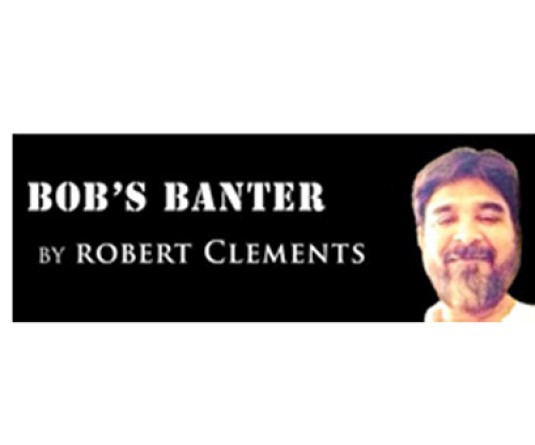
Jesus came to Nagaland in the midst of a crusade against Liquor. The Grand Crusader quietly whisks him away to a gathering of the Special Commission against Wine (SCaW). They welcome him with a shawl while insinuating that He could have chosen a better time for the Grand Entry. The crusaders sat heavily in their chairs, apparently weighed down by their impressive credentials – badges won for every consignment of liquor they destroyed, and golden ‘V’s earned from smashing rice beer-making vessels and other awards- and they look tall, but that’s hardly surprising considering the higher moral ground on which they stand. But the present crusade is more Christian than those of the middle-ages. They do not kill, and they don’t expect indulgences.
Now isn’t the right time to come, they said. A lot of misguided people are supporting the lift of the ban and He is not the best example a prohibitionist might look for. What was He thinking at the wedding in Cana? Now dissidents say, the Crusaders have banned what the Lord had made. “And please give a talking to the St. Paul for prescribing wine as a medicine to Young Tim”. These examples of inadvertent advertisement of wine are being conveniently exploited by the government and the anti-prohibitionists to push their evil designs. “What holy blunders! We have no doubt that you made that wine without yeast, and with a view to symbolize something higher". Jesus listened without betraying any emotion.
“And why do you insist on free will? We know our people better. They are weak, grovelling sinners who will give in to temptation lying down; their free will is a licence to do evil. Look at the immorality of our youth, dwell on the destruction of family lives, recoil at the social evils- corruption, killings, rapes, kidnappings... There, You flinched! But how can you not hurt to see your people being devastated by liquor”.
“What is the use of free will to families who groan on the torture racks of alcoholism every day? They would gladly exchange their free will for freedom from the clutches of wine. So we decided to impose our will over their free will and wipe out the last drop of alcohol from our land. Now, that’s not evil – we are only tipping the scale in favour of good, not evil. Glory be to God! I mean you, our land will be free of evils at last. After all, if there is no alcohol, there would be no alcoholism and, therefore, no evil”. Jesus winced. Or did He merely blink?
The Grand Crusader ranted on and on about his plans to achieve total prohibition, stressing on the numerical strength of his army that will rage against the enemy, the evil forces, and concluded that he is not being chauvinistic. What a preposterous notion! “And, Oh yes, we will visit the alcoholics and bootleggers and pray for them”. Would Jesus come some other time because the people are not ready. “For instance, we have not yet met our target of sending out 10,000 missionaries to the world. Incidentally, that only supplements my stance on free will – give people choice and they will invariably choose not to go on the great commission”.
All throughout the articulate monologue, Jesus maintained the beatific countenance we are all familiar with - that endearing, at the same time mysterious, image of Him lovingly etched in our hearts by renaissance-era paintings and New Testament – loving, forgiving, long-suffering. Now He gives that look to everyone in the room and gently whispers, “Love one another”. Then He flew up to heaven to return when, only the Father knows.
(Inspired by Dostoyevsky’s -The brothers Karamazov)
Wenyitso Kapfo, Kohima Science College






